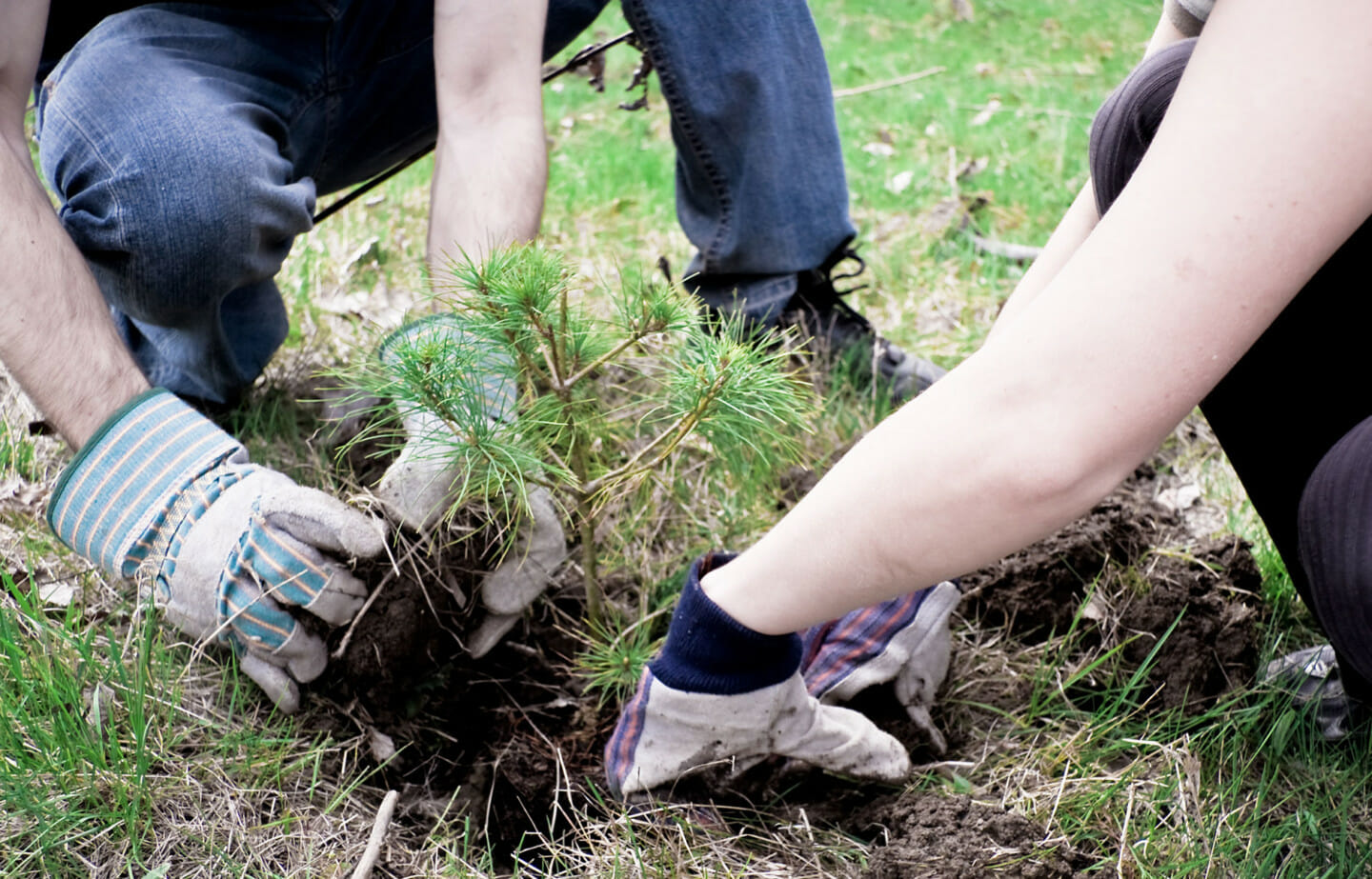In a world where the consumer is marketed to for every product under the sun, it’s becoming more difficult to trust brands. The word “sustainable” is used too often as a band-aid solution to keep consumers from truly understanding where their products are sourced and how non-transparent supply chains really are.
Take, for example, the word “natural.” In the health and beauty industry, companies can throw that term around and consumers will automatically believe they are doing something good for their health and the environment. These concerns are starting to be felt by people who are interested in finding the most transparent, clean products and services on the market. I have worked in the sustainability field for over a decade now, and it’s surprising how many major brands continue to greenwash. I’m not here to call out names, but, to help you navigate through the smokescreen of sustainability claims based on my own experience, so you can achieve a better understanding of how to tell if a company is greenwashing on their social and environmental sustainability claims.
Think about this. Humanity has less than six years to reverse the impacts of climate change. What does this mean? In six years, we will have literally used up all the natural resources on earth to sustain human life as we know it. Scared yet? Good.
Now here’s how to challenge the status quo.
When looking to purchase from a company or align to their values, look deep beyond the smokescreen of marketing tactics.
Here are five ways to discover if a company is practicing what they preach with some helpful insight to guide the way.
1. The company is measuring its carbon emissions and providing data through annual reports to reflect scalable impact throughout its organization and supply chain.
Patagonia has a self-imposed Earth tax of 1% and provides support to environmental non-profits around the world. Patagonia’s supply chain accounts for 97% of its carbon emissions, which is why they are focused on becoming “carbon positive.” Learn more about Patagonia’s environmental efforts here.
2. What types of humans are aligned to the brand? Do they have a track record of integrity and empowerment?
In a time of social media influencers, celebrity, and athlete activism, it’s important to look at who is preaching the sustainability bible of a company. Are they themselves sustainable? Do they live a life of empowering others with their privilege?
I’ve had the opportunity to build an Ambassador Program for the Forest Stewardship Council and working with professional volleyball champion, Jeremy Casebeer. He is an example of someone who believes in the companies that measure their impact. This climate-responsible athlete speaks up for what he believes, aligning only to brands who are transparent, leading by example to disrupt the professional volleyball industry, one interview at a time on the Our Impact podcast.

3. What do the CEO, Founders, and Board of Directors represent? How does she/he inspire action within and outside of the company?
It’s one thing to think a CEO or Founder of a company is a good leader, but another to see them exploring ways to improve the company beyond their own personal benefits.
Let’s be honest, a CEO is only as great as the people he empowers. Kevin Johnson, CEO of Starbucks is an example of a company leader in a monstrosity of a brand, who must answer to one of the most powerful boards in corporate America. Kevin has faced many social and environmental challenges publicly. Under his leadership, Starbucks has hired their first Chief Sustainability Officer, Michael Kobori, and is investing in more regenerative efforts with Closed Loop Partners to eradicate single-use products and bring more regenerative products, like cups to the market.
4. Is the company innovating toward a regenerative or circular economy model? Or do they have the ethos of “business as usual?”
Who loves beer? Silly question. Regrained, founded by Dan Kurzrock, CEO aka “Chief Grain Officer,” built a company that takes spent grain from breweries and develops healthy food options like granola bars, beer flour, and pasta. He is a Co-Founder of the Upcycled Food Association currently working with the USDA to develop scalable solutions to fight the climate crisis, all while providing products in compostable packaging.
5. Does their harm to the environment outweigh what they give back to humanity and the environment?
Companies are created to sell products and services to consumers, we know this. However, what if the company generates waste and then cleans up its mess as well? This would be the perfect combination, like Regrained mentioned above.
Let’s look at the facts of a company created to make coffee faster and easier, without consideration of how it would impact the environment. Keurig Green Mountain created little plastic coffee pods that would heat up in seconds, providing a sensational cocktail of warmth and environmental degradation. The number of Keurig K-Cups could wrap around the earth 10 times and they are currently non-recyclable! Keurig says that they have a commitment to make K-Cups out of #5 polypropylene plastic by 2020 so they can be recycled in most areas. 2020? That was last year.
This isn’t good enough.
Don’t be that person, with a heavy heart and guilty conscience. Take wise action.
When you are looking for the companies and brands you trust, educate yourself first and start to think about things systematically. Future generations will thank you for being smart with the finite resources you’ve left behind.
Editor’s Note: The opinions expressed here by Impakter.com contributors are their own, not those of Impakter.com. — In the Featured Photo: Man looking through a magnifying glass. Featured Photo Credit: Freepik










